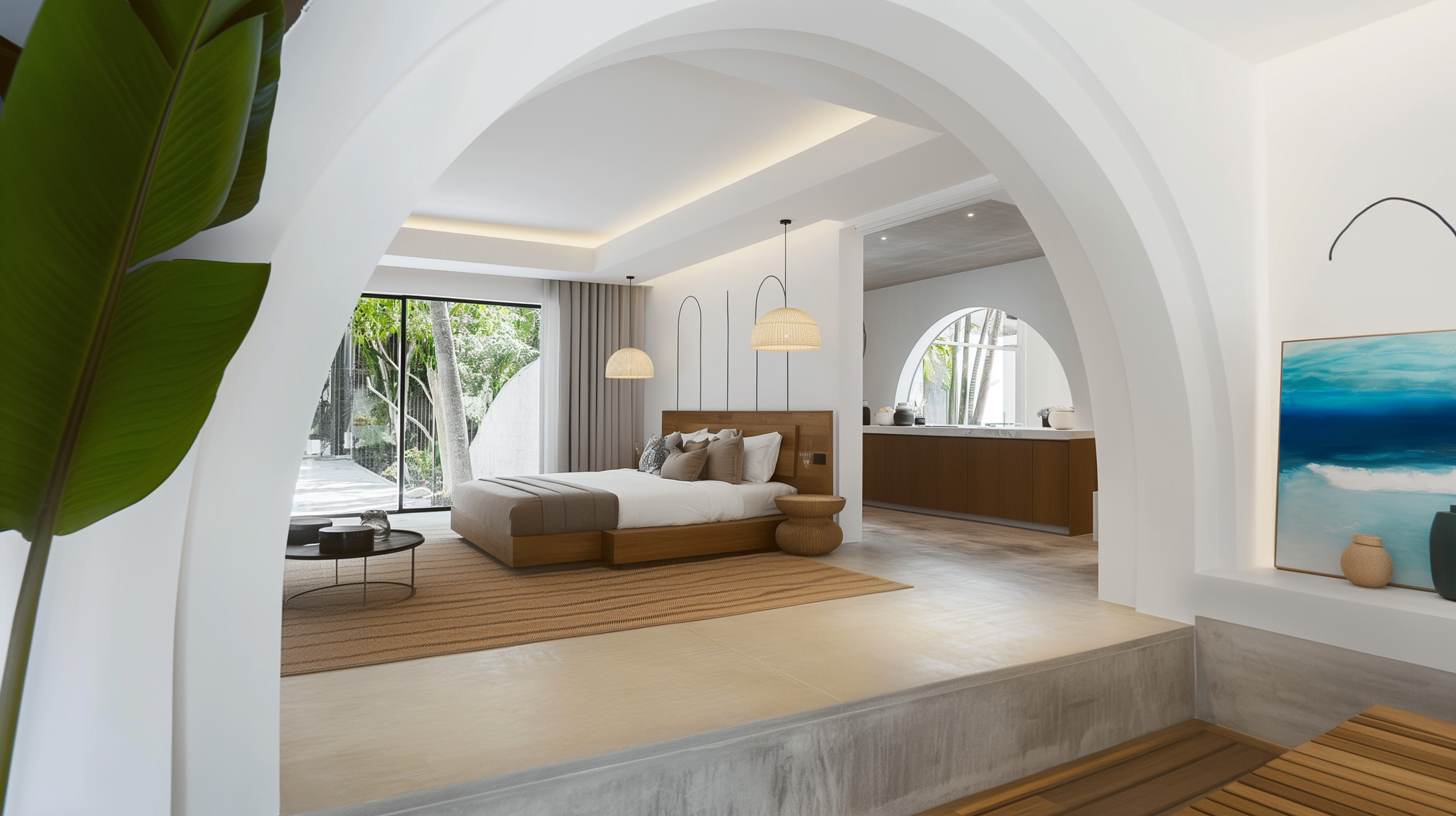In the ever-evolving field of architecture, sustainability has become a pivotal focus. As we face increasing environmental challenges, the architectural community is responding with innovative solutions aimed at reducing our carbon footprint and promoting eco-friendly living. Here are some of the most promising trends and innovations in sustainable architecture:
1. Green Roofs and Vertical Gardens
Green roofs and vertical gardens are not only visually striking but also beneficial for the environment. These installations help reduce the urban heat island effect, improve air quality, and promote biodiversity. By incorporating greenery into building design, architects are creating urban spaces that are both beautiful and sustainable.
2. Passive House Design
The Passive House standard is gaining popularity as a method to drastically reduce energy consumption in buildings. This design philosophy emphasizes airtight construction, superior insulation, and heat recovery ventilation systems, resulting in buildings that require minimal energy for heating and cooling. Passive House buildings provide exceptional comfort and significantly lower energy bills.
3. Recycled and Upcycled Materials
The use of recycled and upcycled materials is a growing trend in sustainable architecture. From reclaimed wood and recycled metal to innovative materials made from industrial waste, architects are finding creative ways to reduce waste and give new life to discarded resources. This approach not only conserves natural resources but also adds unique character to buildings.
4. Net-Zero Energy Buildings
Net-zero energy buildings are designed to produce as much energy as they consume, often through a combination of energy-efficient design and renewable energy sources like solar panels. These buildings represent the pinnacle of sustainable architecture, showcasing how advanced technology and thoughtful design can work together to create environmentally responsible structures.
5. Smart Home Technology
The integration of smart home technology in sustainable architecture is transforming how we interact with our living spaces. Automated systems for lighting, heating, and cooling optimize energy use, while smart appliances reduce water and electricity consumption. By making buildings more responsive and efficient, smart technology plays a crucial role in advancing sustainability in architecture.
In conclusion, the future of sustainable architecture looks promising, with innovative trends and technologies paving the way for a greener, more sustainable built environment. By embracing these advancements, architects are not only enhancing the aesthetic and functional qualities of buildings but also making significant contributions to the health of our planet.

